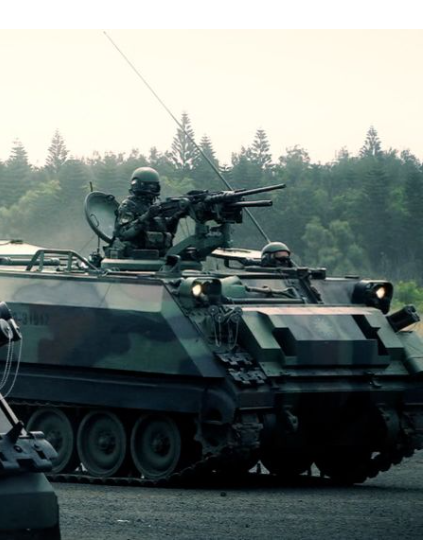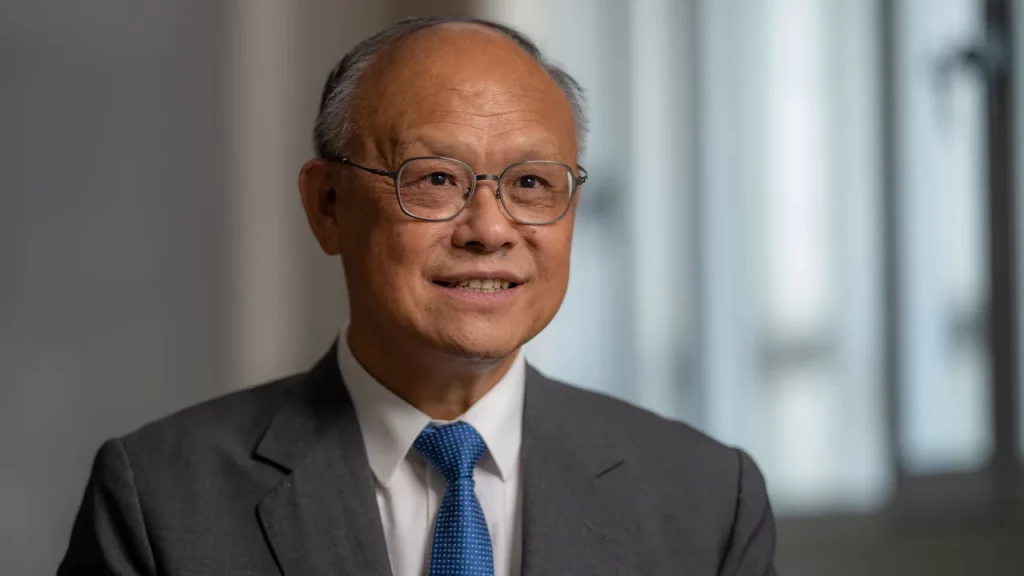US-Taiwan trade pact key to countering diplomatic isolation

A trade pact between Taiwan and the United States can play a key role in countering Taiwan’s diplomatic isolation from China, according to Taiwan’s top trade negotiator.
Taiwan has described the initiative as the most comprehensive trade agreement between the United States and Taiwan since Washington switched diplomatic recognition to Beijing in 1979.
As a result of the agreement, Taipei will be able to demonstrate that it follows international trade rules, which will facilitate future trade deals with other advanced economies, as John Deng told CNN.
We want to convey the message that Taiwan is a reliable trading partner. “Our society respects intellectual property rights, adheres to rules, and is transparent and democratic,” he said.
“Taiwan will become stronger and safer if it can have more international connections and attract more foreign investment.”
However, the deal has also drawn the ire of the Chinese government, which claims Taiwan as a part of its territory despite never having controlled it. China’s Taiwan Affairs Office criticized Washington for “giving a wrong signal to Taiwan separatist forces” in June.
International recognition of the self-governing island has been hampered by mounting pressure from Beijing, which sees it as its own territory that must eventually be “unified.”
Over the past few years, China has staged massive military drills around Taiwan, chipping away at some of its remaining diplomatic allies and blocking certain Taiwanese imports.
In August, Deng said, the two sides will begin discussions on the remaining areas of negotiations, including agriculture and labor, after signing the first part of the trade pact in June.
In 2018, Taiwan joined the Comprehensive and Progressive Agreement for Trans-Pacific Partnership (CPTPP), a major free trade agreement.

International recognition of the self-governing island has been hampered by mounting pressure from Beijing, which sees it as its own territory that must eventually be “unified.”
Over the past few years, China has staged massive military drills around Taiwan, chipping away at some of its remaining diplomatic allies and blocking certain Taiwanese imports.
In August, Deng said, the two sides will begin discussions on the remaining areas of negotiations, including agriculture and labor, after signing the first part of the trade pact in June.
In 2018, Taiwan joined the Comprehensive and Progressive Agreement for Trans-Pacific Partnership (CPTPP), a major free trade agreement.
Taiwan and mainland China both submitted applications to join the organization in 2021, and their requests are still under consideration. In order to join, each member state will be required to approve the application.
Deng says the US-Taiwan trade agreement could pave the way for the island to join the CPPTT, though he also admitted that mainland China could use its economic influence to block some members from considering Taiwan’s application.
“I will say we have a good chance,” he said. “The message we pass to [these countries] is we want to follow the rule, and our track record is very clear. Please give us a chance.”
China has already signaled its opposition towards Taiwan’s application.
“There is only one China in the world … we firmly oppose the Taiwan region from entering into any agreement or organization of official nature,” foreign ministry spokeswoman Mao Ning said in March.
Deng said his team has been “working very hard” to overcome the pressure from China.
“It is the most frustrating thing shared by our society, that China is using its influence to push Taiwan outside of international organizations. We should have our voice,” he said.
“But if [global democracies] can prove to China that we can help each other, I think this sends a much stronger message to them that their behavior is not approved.”
Becoming a CPTPP member means that most exports to other members will be eligible for tariff-free trade, and it also removes barriers for businesses to provide services in other jurisdictions.
The Taiwanese government has called the pact, which covers 500 million people and is worth 15% of global gross domestic product, as “the most important” trade agreement in the region.
But Chinese pressure is not the only hurdle facing Taiwan’s trade negotiators like Deng, as trade deals could also become a politically sensitive issue on the island itself.
In 2014, a controversial service trade agreement between Taipei and Beijing — which was passed by the then ruling Kuomintang — resulted in mass student protests, known as the Sunflower Movement.
Opponents voiced concerns over Taiwan’s national security. Student protesters occupied the parliament building for weeks, ultimately leading to the suspension of the agreement.
In 2020, some lawmakers in Taiwan threw pig intestines in parliament to protest against a referendum to ease restrictions on pork imports from the United States. They opposed it because it would allow meat products containing ractopamine, an animal feed additive common in the United States. The referendum ultimately passed.
